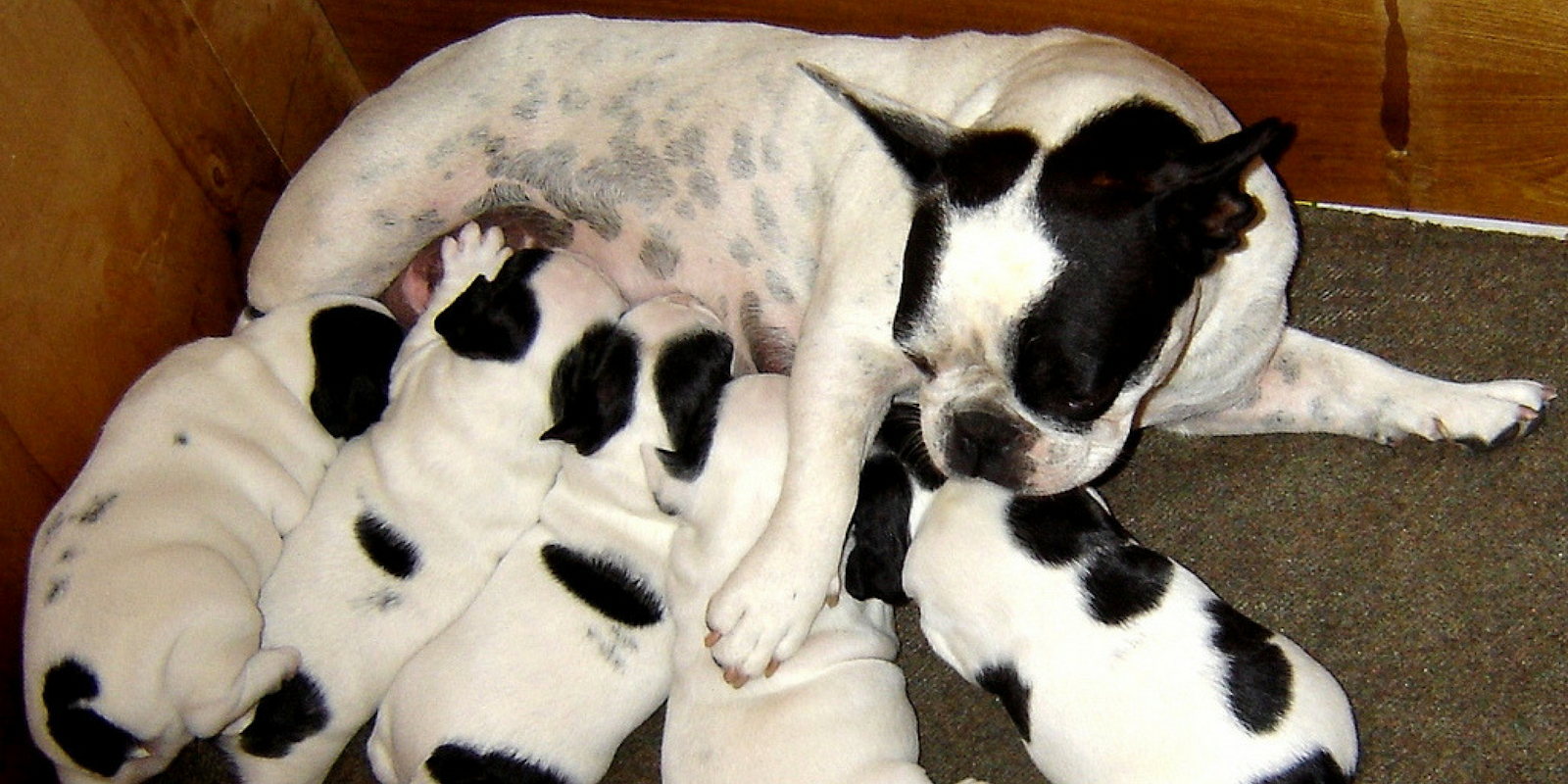The internet is obsessed with “good boys”—good dogs, specifically, but good “boys” is how the collective web has come to refer to our beloved furballs time and again.
Hello & welcome to the first meeting of the good boy battalion. Today we’ll be exploring inside out ear solutions. 482/370 (IG:zanimallover) pic.twitter.com/ZucoGk1C8z
— WeRateDogs (@dog_rates) September 18, 2017
https://twitter.com/PAYOLETTER/status/881938232530923520
I, too, have jumped on this slang train.
This dog is walking around Sinton TX carrying a entire bag of dog food with him. #Harvey #Harvey2017 #Priorities #RefugeeDog pic.twitter.com/fTjUG5Tcok
— Laura Huffman Powell – Realtor Tx, GRI, SRES (@LHuffmanPowell) August 26, 2017
https://twitter.com/samjgrasso/status/901506934465081345
Even other animals (that are clearly female!) are referred to as “good boys.” The phenomenon has run rampant, clearly, with the internet’s obsession for inherently gendering fantastic animals as male.
Not a dog but doesnt she deserve some recognition?? What a good boy. @dog_rates pic.twitter.com/rmZgb2L3Ly
— Demi-Gorgon 🦇 (@_mactabilis) September 28, 2017
Well, the rule of “good boys” ends today. Merriam-Webster, dictionary and unlikely voice of the resistance against President Donald Trump, has just added “gender equality” to its laundry list of qualms for which to rage against the machine.
When asked to define a “good boy” on Twitter, the dictionary’s account put its metaphorical foot down at the question’s phrasing.
https://twitter.com/jaredlholt/status/913756508558647298
Not all dogs are good boys, Merriam-Webster asserted. And why is that, you may ask?
Because some dogs are good girls.
*Cue mic drop GIF*
No. Some of them are good girls. https://t.co/kxQUDAo805
— Merriam-Webster (@MerriamWebster) September 29, 2017
Yup, the gatekeeper to all that is correctly spelled and defined just spilled the hottest take that we all didn’t know we needed: The internet must check its obsession with good boys, stop attempting to gender all dogs as male, and realize that regardless of gender, all dogs are good dogs, first and foremost.
Immediately, owners of female dogs began weighing in with pictures of their own friendly animals, backing Merriam-Webster’s much-needed reality check.
For example – these four very good girls. pic.twitter.com/SknSsPf0yM
— The Golden Ratio (@TheGoldenRatio4) September 29, 2017
Good girl Stella. 💜 pic.twitter.com/Wbsf8RVlgM
— StellaMommy 💛 (@stellamom22) September 29, 2017
https://twitter.com/RogueSailor/status/913845822508470272
A very good girl pic.twitter.com/ZYEvOKXQax
— C. in Seattle (@angrysnowflake1) September 29, 2017
Good girl. pic.twitter.com/NgTRCF0DUQ
— Lajka in Orbit (@lajkainorbit) September 29, 2017
https://twitter.com/KristenInVA/status/913844659696340992
Even Dog aficionado and Twitter personality darth tweet-gasped at the dictionary’s truth bomb.
https://twitter.com/darth/status/913845813805146112
While Merriam-Webster’s tweet might be the perfect clap back to the “good boy” obsession, its social media manager might have had a reasonable excuse for forgoing the “dictionary” definition for “dog.” It includes the word “bitch,” which might be too liberal for a social media account used to sharing dictionary search trends and definition-checking people in the public eye.
That time @MerriamWebster preferred to answer “No” rather than go with definition 1(b). pic.twitter.com/9H1caAV6Ta
— Ira ‘Greybeard Homer’ Goldman 🦆🦆🦆 (@KDbyProxy) September 29, 2017
Or, we could just stick to calling all dogs good dogs and forget about the ulterior motives of a dictionary’s social media account. That seems appropriate, either way.


